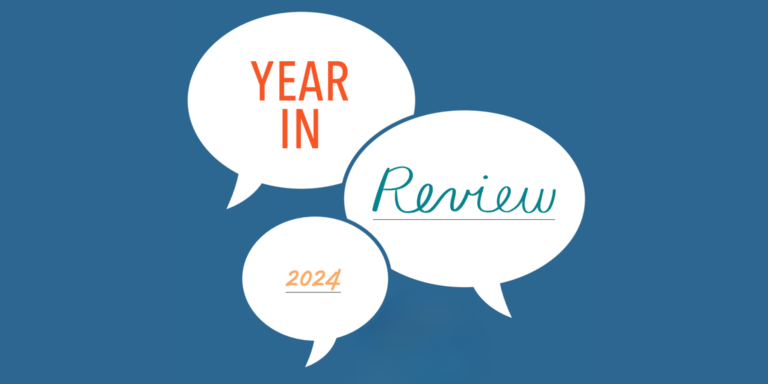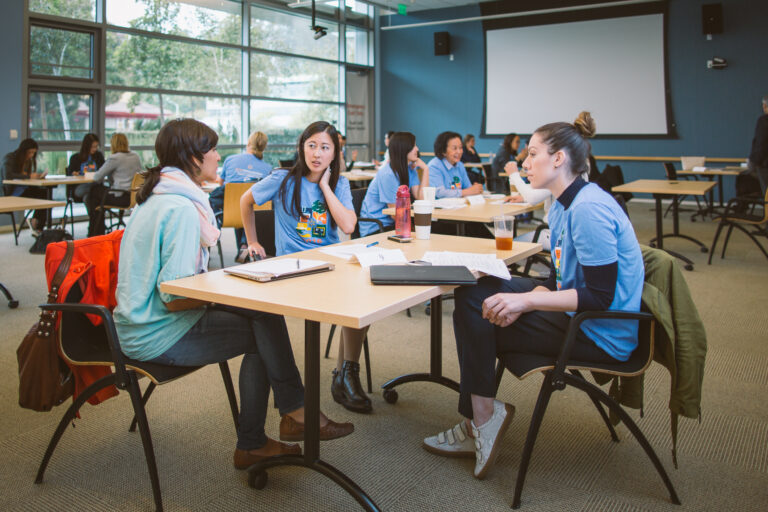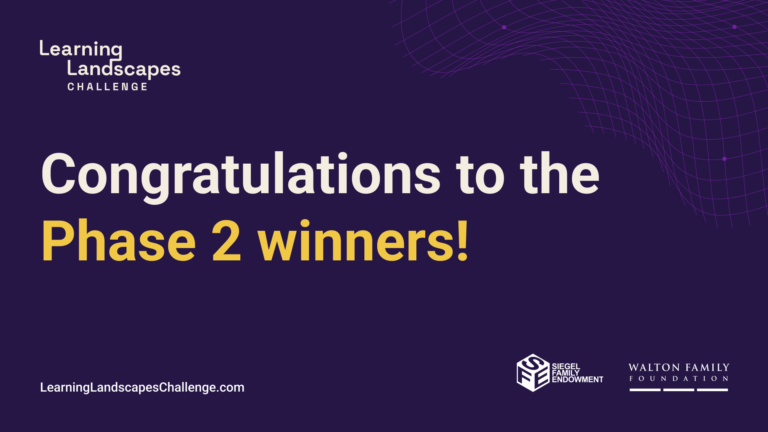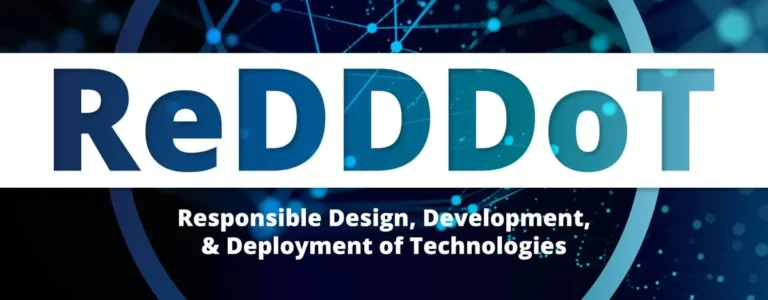New York, NY – October 7, 2020 – Today Siegel Family Endowment, which provides support to organizations working at the intersections of learning, workforce, and infrastructure, releases a white paper detailing a new multidimensional infrastructure framework.
“We have an unprecedented opportunity to reimagine infrastructure and develop a more resilient, equitable, and prosperous society,” said Katy Knight, Executive Director of Siegel Family Endowment. “Infrastructure influences everything. And in this white paper, Siegel Family Endowment is putting forward a critical new lens that demands we consider the many ways the built and digital environment can determine citizens’ access to critical public assets.”
The pandemic – combined with a watershed moment in the fight for racial equity and unprecedented natural disasters – has laid bare vulnerabilities in societal fabric and shown the limitations of our nation’s infrastructure. From the growing digital divide in rural and urban communities, to the disparity of both health and economic outcomes in the fallout from COVID-19, the impacts of underinvestment and one-dimensional planning are on stark display.
Siegel Family Endowment’s multidimensional approach to infrastructure recognizes the interdependence of the physical, social, and digital environments. By shifting how society defines, designs, governs, and funds infrastructure, it can be more responsive, resilient, and cost-effective.
With partners such as the Center on Rural Innovation, Regional Plan Association, and Data & Society, Siegel Family Endowment is taking steps to create, field, and test new methods and models to build infrastructure that delivers on its potential. This process involves those primarily affected by the infrastructure and experts from a variety of sectors—including academics, scientific researchers, civic and philanthropic leaders, and government officials– to ensure multiple layers of functionality across all dimensions.
To demonstrate the tangible impacts of smarter infrastructure, the white paper looks at a local public library system, start-up incubators and coworking spaces in rural America, and a new tech-enabled system for efficiently powering cities. In a range of settings, these systems are driving economic activity, building resiliency, and democratizing access to critical resources. The paper also draws on innovative thinking from Ben Wizner, Director of the ACLU’s Speech, Privacy, and Technology Project; Michael Murphy, CEO of interdisciplinary architecture firm MASS Design Group; Dr. Ellan Spero, a historian of science and technology at MIT and Cofounder of the higher-education nonprofit Station1; and Amy Chester, Managing Director of Rebuild by Design.
“Using a multidimensional framework to assess infrastructure challenges is the most practical and effective way of arriving at the solutions society needs now and in the future,” said David Siegel, founder and chairman of Siegel Family Endowment and co-founder of Two Sigma. “As evidenced by the case studies highlighted in the white paper, there are examples from across the country of how an ecosystem approach sparks entrepreneurship and revives economies.”
Over the coming months, Siegel Family Endowment will collaborate with new and existing grantees in the field, convene diverse voices and seek out partners to evangelize this work, and translate these ideas into reality.
Visit infrastructure.siegelendowment.org to learn more and to download the white paper. To share your ideas or explore ways to work with Siegel Family Endowment, contact [email protected].





